
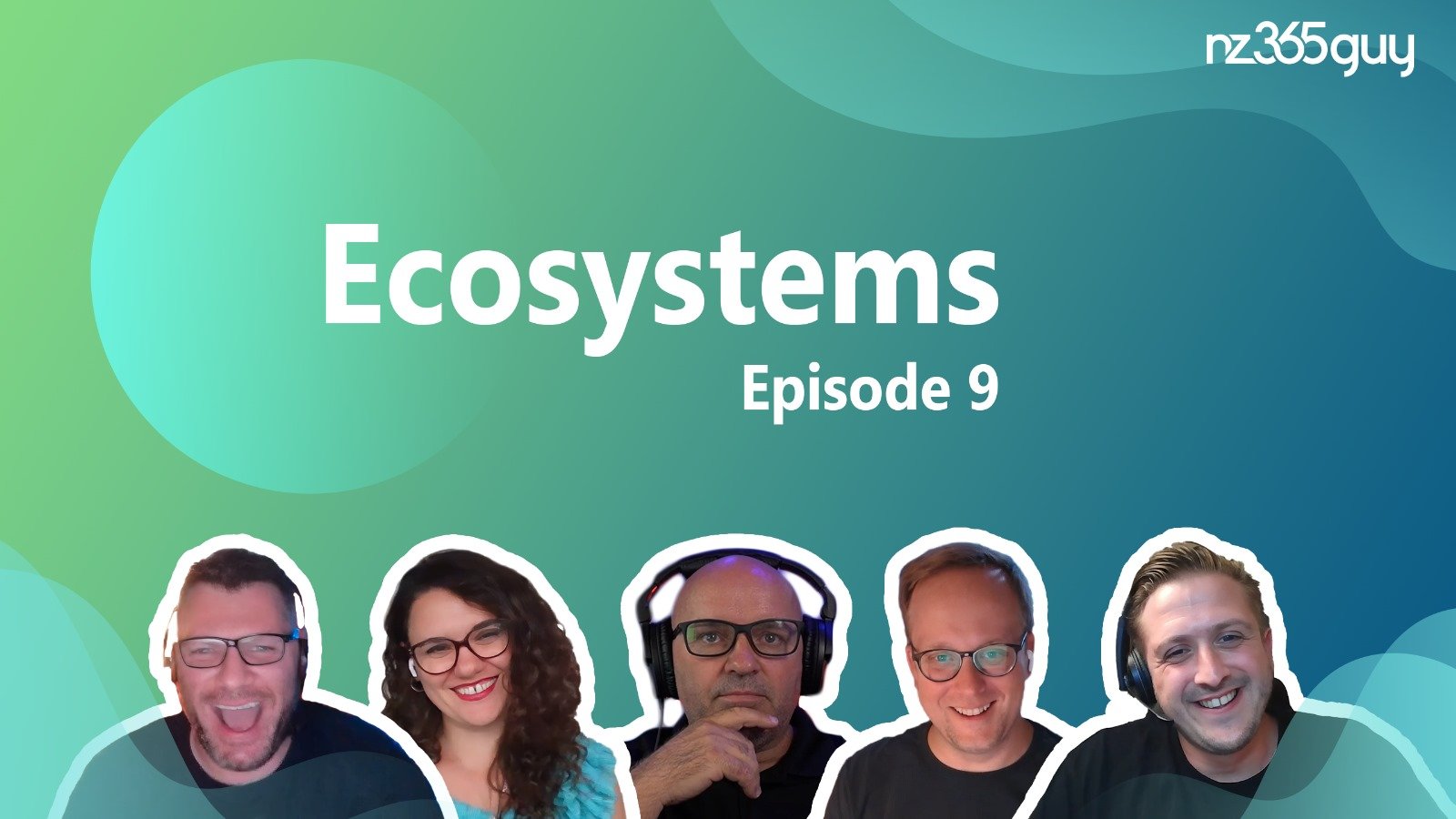
The road ahead for organizations pursuing their strategic AI aspirations
Organizations have a lot of work to do in pursuing their AI aspirations in a strategic way, and importantly, to correct some of the mistakes they’ve made kicking the (data) can down the road for the last thirty years. This episode dives into the five pillars set out in the recent Microsoft + Cloud Lighthouse white paper, Crafting your Future-Ready Enterprise AI Strategy, as we help organizations become “future ready” for the AI we understand today and the AI capabilities that are coming in the very near future. The hosts discuss the preparation for artificial intelligence in 2024. They highlight the importance of data consolidation, governance, and the use of AI tools for quick wins. The conversation also touches on the practical applications of AI in daily life and the need for AI to be infused into all aspects of work. The hosts explore the excitement and optimization potential of AI, as well as the legal and ethical considerations surrounding its use. They discuss the challenges of demonstrating AI reasoning and the balance between AI advancements and regulations.
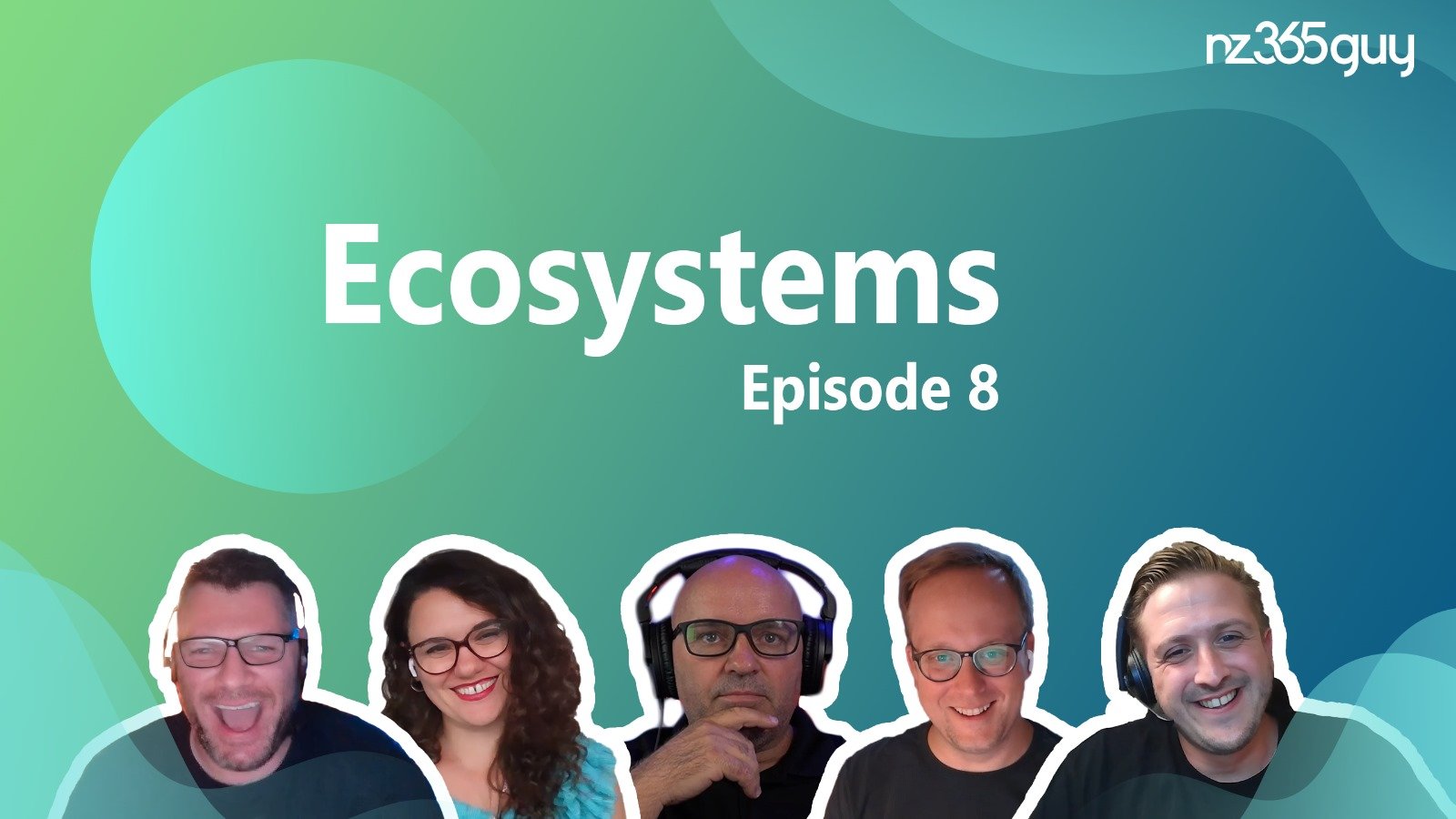
Diving in on “Crafting your Future-Ready Enterprise AI Strategy”
The Ecosystems podcast starts 2024 with a big announcement and a discussion of Andrew’s new Cloud Lighthouse + Microsoft white paper, Crafting your Future-Ready Enterprise AI Strategy. The paper addresses the need for organizations to take a strategic approach to implementing artificial intelligence (AI) and highlights the importance of data readiness. We emphasize the distinction between incremental AI, which brings efficiency to existing tasks, and differential AI, which represents groundbreaking advancements. The white paper also discusses the role of low code in scaling AI and the need for consistency in data access and rights, so we dig into that a bit in this episode. The conversation concludes with appreciation for the valuable insights provided in the white paper.

Technology considerations when scaling AI across an organization
Join me—Andrew Welch—with HSO’s "Dynamics Matters” podcast host Michael Lonnon for part five of our AI strategy miniseries as we return to the centrality of data in this episode, talking Microsoft Fabric and the future roadmap for Microsoft’s data + AI technologies, the importance of ecosystem-oriented architecture (EOA) to scaling artificial intelligence, the need for organizations to change how they budget technology initiatives, and how to organize an IT team for the age of AI as the IT Tower of Babel rears its ugly head once again.
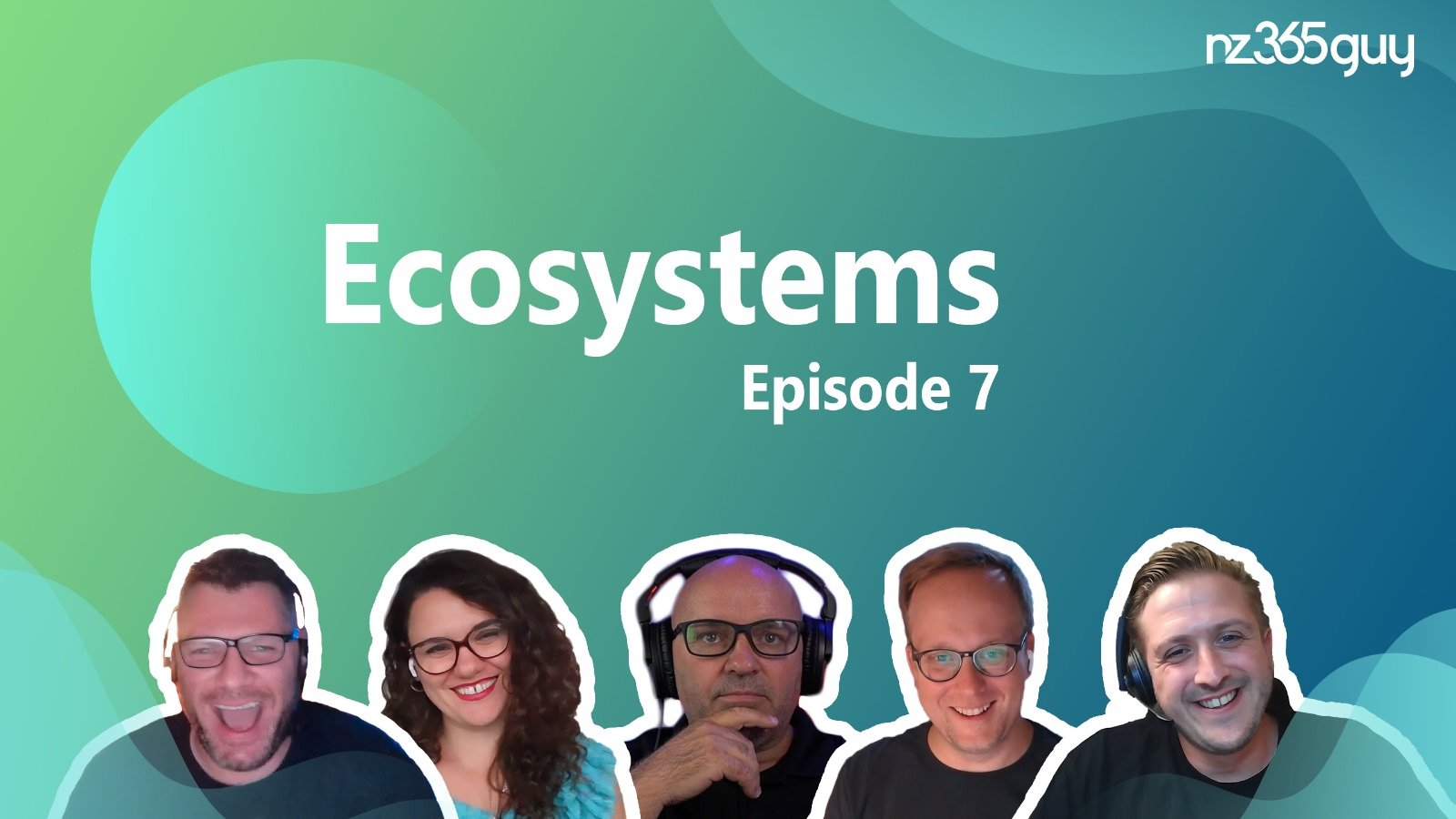
Christmas gifts from Microsoft (and one from a listener!)
Complete with twinkling lights, baubles, questionable sweaters, gnomes, and patriotic Christmas stockings: Mark, Andrew, Ana, and Chris celebrate the holidays and the year’s last episode of the Ecosystems podcast. Together we explore AI's practical business applications, our takes on the recent chaos at Open AI, and our thoughts on a great listener question. Microsoft Ignite is just weeks behind us, so we close out the year sharing our favorite Christmas gifts from Microsoft, new or now generally available tech that has us really excited.

Human and organizational considerations in “Scaling AI”
In time, most organizations will turn their attention from future readiness and establishing themselves with AI to focus instead on scaling (and sustaining) their investment in AI and the data platform upon which it depends. Put another way, one-time consolidation and readiness of data combined with a few AI-driven workloads does not a future-ready organization make. You see, there are non-technical organizational and human considerations that should be taken as you scale AI across the organization. This significant element of people-centric scaling and change management is required here, in other words, to scale AI by baking it into the way people work.

Data is central to ecosystems!
Chris, Ana, Mark, Andrew, and Will take on the crucial role of data in technology and business strategies, and in building cloud ecosystems that reflect those strategies. We’re seeing a bit transition in technology where data ought to be prioritized over individual applications within an ecosystem... but many organizations, their technology partners, and individual technology practitioners have been slow to adjust their thinking to this paradigm. They critique common practices in organizations where data is often neglected, leading to inefficiencies and missed opportunities. The episode highlights the need for a data-centric approach in technology development and organizational planning, underscoring the value of data quality, integration, and management.

Differential (Aspirational) AI
We’re on to what I think popular culture would consider the “fun” bit, or at least the bit that dominates the imagination when it comes to artificial intelligence’s supposedly boundless possibilities. Whereas Incremental AI includes the scenarios that improve upon solo human performance of activities that would have been performed anyway, “Differential AI” broadly encapsulates workloads that would not have likely been performed by humans alone, scenarios that are valuable to the organization because they allow you to jump out ahead of your competition, to offer your customers something that you’d not have otherwise been able to provide. I toyed with the idea of calling this “Secret Sauce AI” or “Moonshot AI” to underscore the point.

Incremental AI for the people!
What I will call “Incremental AI” is a broad, conceptual category of workloads in which AI is applied to bring speed, efficiency, scale, accuracy, quality, etc. to activities that a human would have otherwise performed. Microsoft’s Copilot capabilities (for the most part) squarely fall into this bucket as they help their end user to find information more granularly, identify highest-potential sales targets more accurately, create content more quickly, book appointments more efficiently, write code more effectively, etc.
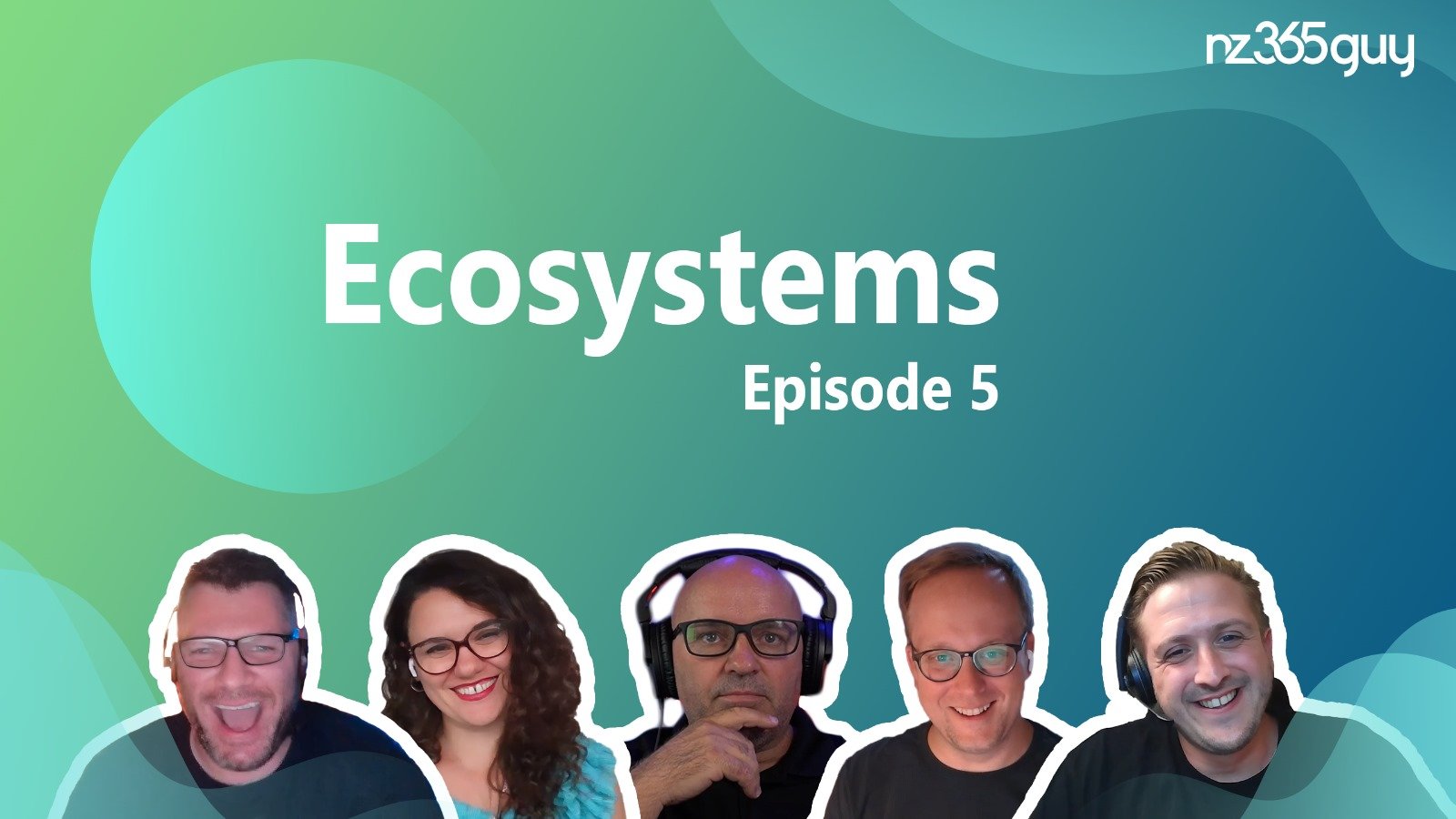
Architect strategic foundations
Establishing strategic foundations for the business of modern technology is essential for long-term success. Neglecting ongoing planning can lead to problems. Adapting to changing technology landscapes and evolving technology leadership roles are crucial, and aspiring cloud ecosystem architects need a strong foundation, adaptability, and specialized roles in organizations managing technology ecosystems. Join us as we banter on.

AI = Data, good and ready
Join me—Andrew Welch—with HSO’s "Dynamics Matters” podcast host Michael Lonnon for part one of our AI strategy miniseries as we geek out about data consolidation and AI-addressable data storage, Microsoft Fabric, data hygiene, data readiness and the “cloud landing zone”, data distribution and more as you craft + execute your future-ready AI strategy.
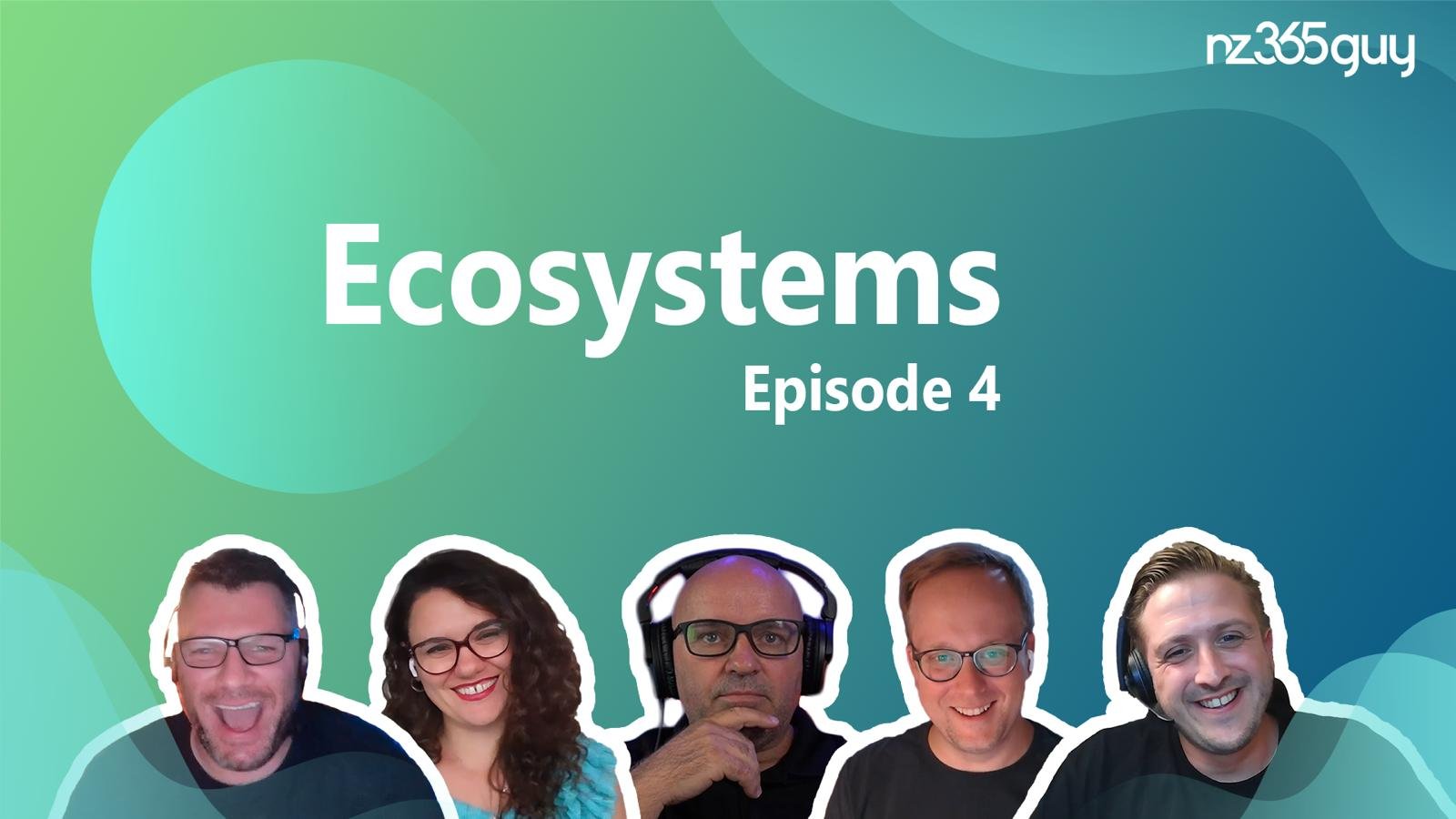
Building the platform ecosystem
This fourth episode of the Ecosystems podcast dives into “building the platform ecosystem” as we discuss integrated landing zones and unified data languages in cloud platforms, promoting people-centric tech dialogues, and the idea of institutional data models to accelerate app dev and normalize transactional data throughout the ecosystem. This strategy eases tech adoption to spur organizational growth in the cloud. It underscores tool encapsulation, cultural respect, proactive leadership, and promotes organizational learning and adaptability. Success in tech demands technical skills, storytelling, change management, continuous learning, and crucial consulting support for knowledge transfer and project success… so we finish with our recommendations for technology practitioners seeking to modernize their own skills for the ecosystem era.
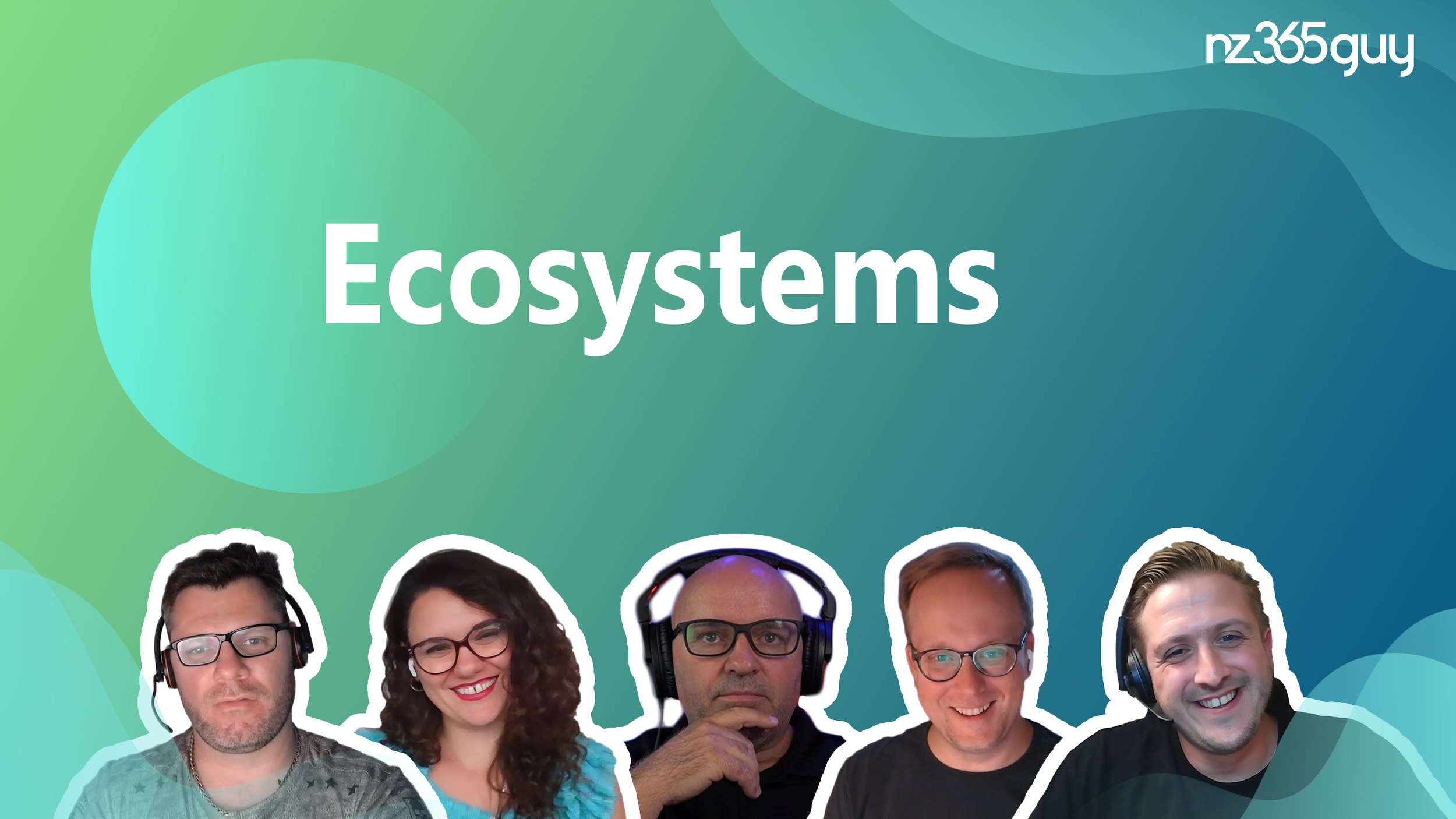
Creating the conditions for success in your ecosystem
We’re focused on the “Strategic Pyramid” for the cloud in this episode of the Ecosystems podcast. Touching on the complexity of workload implementation, we then delve into the concept of “creating the conditions for success”. This pyramid looks at the depth of layers when building a cloud ecosystem, and explores how technology functions within organizations. The focus shifts towards creating the right conditions for success rather than just implementation. We then discuss the importance of evolving from governance to strategy and conclude that without proper governance, organizations are destined for failure.

The legacy and future of “implementing workloads”
Are you ready to level up your tech game? Tune in as our expert co-hosts Ana Demeny, Andrew Welch, Chris Huntingford, and William Dorrington dive deep into the intricacies of technology strategy and implementation. From ensuring your projects thrive in larger ecosystems to the significance of balancing expertise and wisdom, this discussion sheds light on the evolving landscape of tech. Join us in this thought-provoking conversation where we explore the transformation from being experts in a field to wise decision-makers in tech. Don't miss out on the valuable insights shared by our panelists!

Premiering the “Ecosystems” Podcast
Mark Smith, Ana Demeny, Andrew Welch, Chris Huntingford and William Dorrington launch the Ecosystems podcast. We delved into the Microsoft Cloud Ecosystem and discussed topics from missed innovation opportunities to the significance of embracing technological advancements. The conversation provides insights into the evolving nature of technology adoption, the potential consequences of not staying current, and the varying perspectives on navigating the complexities of the technological landscape.

